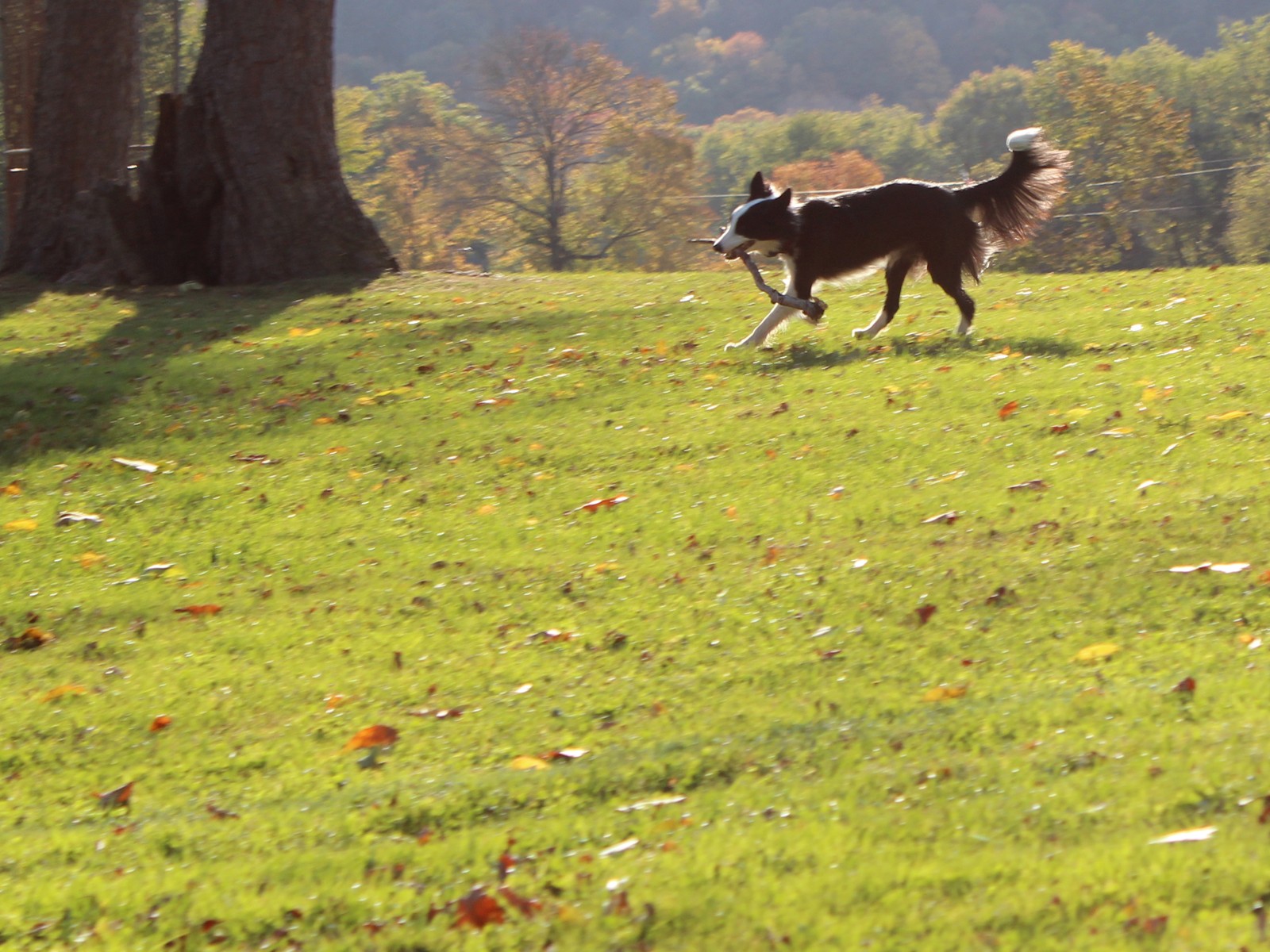The Bible Tells Me… What?
So here I am, again, writing about The Bible Tells Me So — which I already reviewed here. I’ve continued mulling over the book, bothered by various things. I wanted to return and complete my earlier representation of my experience with it here.
Basically, I think it reflects some degree of scholarly hubris on the part of its author, Peter Enns. I have a lot of respect for him, and I believe his intentions with the book are good and God-honoring. But the overall result is to make the Bible into a book that’s not so much a human-divine hybrid as a human recasting of the divine. It never really deals with the resulting elephant in the room, which is: why bother to read it? There are plenty of other ancient stories regarded as fairy tales. Why read this one as anything more? Somehow, the recommendation to defer to tradition and read in faith rings hollow (quoted in my review) after all that’s gone before.
For instance, after a discussion of how troubling it is that God would order genocide, it suggests that God simply didn’t tell the Israelites to attack and destroy the Canaanites; they just thought he did. Archaeology hasn’t confirmed the story either. Same with the story of the dramatic exodus from Egypt. No archaeological evidence unearthed of Pharoah’s army, and no extra-biblical accounts of the tale. Just stories, then, says Mr. Enns. But that’s okay, because God likes stories. He likes for his children to make stories about him, even when they are filled not with occasional factual errors based on the knowledge limitations of the time, but with grand misconstruals of God’s character and communication with human beings.
It takes the point too far. One wonders how the author feels so confident making a pronouncement of this scale after so many centuries.
One of the main thrusts of the book is that it has been wrongly read — and defended — as a literal historical or scientific “manual for living.” We should not project modern questions and concerns on to an ancient text written by people with a tribal mentality. True enough. It doesn’t reward efforts to wring geology and biology and physics and astronomy out of it. Still, it claims to be “inspired by God.” In the passages about Israel’s history — tales that are not offered as mythical — we can expect to see a flat earth as the conceptual framework, different concepts of time, imprecise numbers, some exaggeration. But assertions of things that never happened? That’s a little different.
I wonder if the author is committing the very error he warns against: bringing a modern sensibility to an ancient text and saying, “This can’t be true. God can’t be like this.”
I’m not saying I don’t struggle with the Bible. There’s plenty there to stop us in our tracks and make us struggle and question and pray and seek answers. I struggle with the violence too, and the many supernatural events recounted matter-of-factly in the Old Testament.
But the fact that I struggle with it doesn’t mean I can make it disappear. In the end I am much more comfortable concluding that somehow, the ancient writers didn’t get it totally wrong. They did capture some aspects of God, however mystifying to me. And even if they exaggerated, the didn’t make up historical accounts out of thin air.
My faith can accept the uncertainty of this. But the seeming certainty of The Bible Tells Me So — a certainty that doesn’t even stop short of proposing that the Son of God “creatively interpreted” the Scriptures he himself inspired — seems to overreach. I was listening for a humility that should accompany study of the Bible, but I had a hard time hearing it in The Bible Tells Me So.





2 Comments
hopeinbrazil
I’m glad you posted some additional thoughts on this book. I read your positive review and then a very negative one elsewhere, so I wasn’t sure what to think.
Janet
Thanks, Hope. I hate to bash a book, but I did feel like my review went too far the other way and ended up failing to represent my whole reaction.